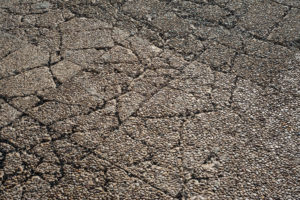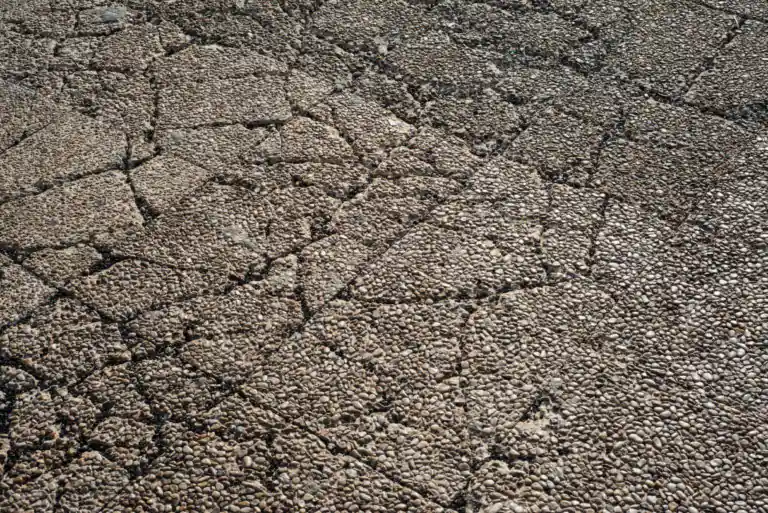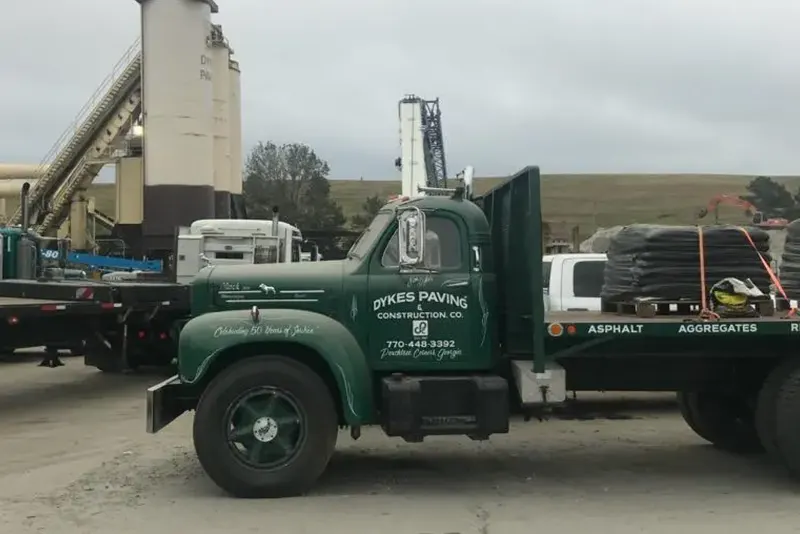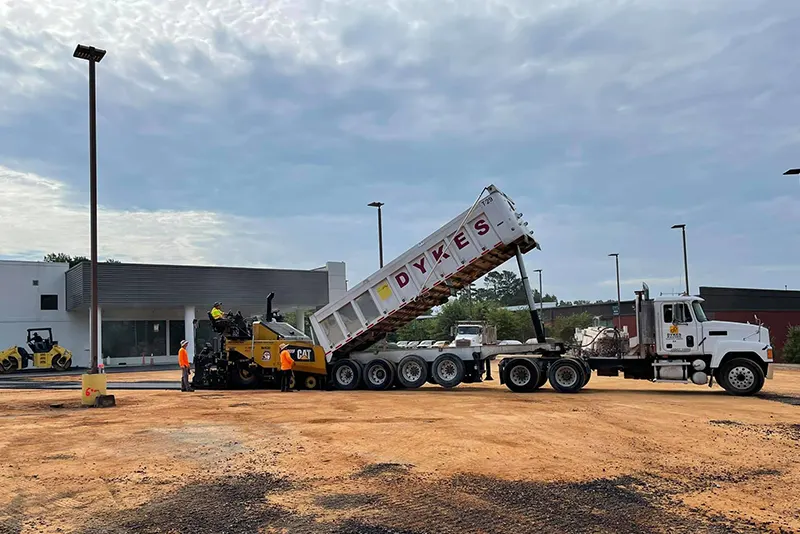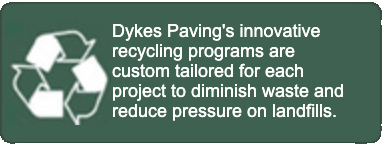Did you know that blacktop pavement could often last 20 years or more? You may not have because the mental image that comes into many business owner’s and property manager’s heads when you mention blacktop is fissures or cracks. This isn’t how blacktop should be.
Sealed Blacktop’s Reliability and Cost-Efficiency
Blacktop – a.k.a., asphalt concrete or tarmac – is a mineral composite that lasts longest when laid and layered by resurfacing professionals.
Asphalt itself is a very reliable surface when sealed properly, yet things that property managers and business owners have to deal with every day can wear down blacktop.
What are some of these factors? Having your blacktop salted in the winter to prevent collisions and fender benders can erode blacktop over time if it’s not sealed properly. Certain industrial chemicals, which can actually be pretty common on a job site, as well as oil and other car fluids can deteriorate blacktop as well.
Damage from the sun is another big issue that property owners have with unsealed blacktop. As simple as it seems the day-in-day-out beating that the sun dishes out on your pavement takes a toll and can eventually lead to cracks and your blacktop’s premature aging.
How Does Blacktop Respond to Stressors?
What often happens is that tiny cracks created by the sun’s rays, salt or industrial fluids turn into larger cracks as rain slips into the crack.
To make matters worse, if the temperature ever dips below freezing, then the water expands and the crack becomes even more unmanageable. It doesn’t have to be this way, though, and sealing your blacktop keeps this problem from even arising in the first place.
Bearing in mind all of the factors that can threaten the health of your blacktop, you might want to know how often you need to seal your asphalt pavement and if the whole process is complicated.
In Georgia where the main threat to a healthy blacktop surface is heat and the sun rather than freezing temperatures and the thawing process, you may want to consider resealing your blacktop every four to five years.
A side benefit to getting your blacktop resealed, aside from the obvious perks of your site looking more professional and being safer for clients, is that you won’t have to worry about jostling around in your car or your clients damaging their vehicles.
Sealed Correctly the First Time
Especially for hot climates like Georgia’s, sealing blacktop becomes a necessity and even saves money over the long term. The fact is that unsealed blacktop just doesn’t look as good a few years down the line.
Other consequences: safety issues and a reduction in property value. To keep your property safe, lucrative and looking great, you want the first thing that customers see when they pull in to your property to make a good impression.
Having your blacktop professionally sealed right off the bat hugely increases your chances of having a clean, smooth blacktop surface decades down the line. The fact that over 90% of parking lots in the United States use blacktop is a testament that its cost-efficiency, safety and reliability.
Get in Touch with Dykes Paving
Sealing your blacktop and getting it right the first time or resealing your asphalt pavement to prolong the benefits is a huge cost saver over the long term and an insurance policy against the risk of having to repave entirely later on.
Professional contractors are standing by to help you install, seal or reseal your asphalt pavement. Contact Dykes Paving today to find out more.

